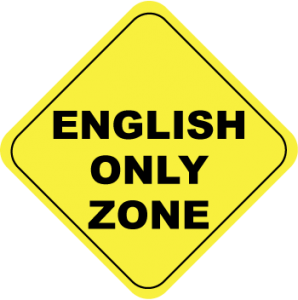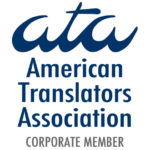As a freelance translator, setting up your translation rates accordingly means whether you make ends meet by the end of the month or not. This is often quite tricky for novel and experienced free lancers so it is always advisable to research the market prices from time to time to verify how much other professionals or agencies are currently charging.
At present, when the economic situation is less than flourishing, lowering your translation rates seems to be the recipe to attract more clients. But, is it a wise strategy? It definitely has some advantages and disadvantages.
Free image courtesy of FreeDigitalPhotos.net
The Bright Side of Lowering Your Translation Rates
If you have just launched yourself into the translation industry as a freelancer, having lower translation fees than the average will increase your chances of getting some clients faster and gain experience. Once you have made yourself a name, you can rise your rates or select to work only with those clients that offer you larger or more frequent projects.
It is also worth offering low prices to certain clients depending on the situation: big projects, companies or customers that you think will bring you a lot of work in the future or if your economic situation is very bad and you definitely need some money.
Many a time, experienced freelance translators offer limited time discounts to their existing and/or new clients. This marketing strategy usually leads them to a larger number of projects which keeps them busy when the market in general is down.
If a client has referred additional clients to you, lowering your translation fees is definitely a good idea. It is a strong way of showing your appreciation
The Dark Side of Offering Lower Translation Rates
Being competitive is crucial in the translation niche, but you should also make sure that asking for less money for a translation job does not compromise the quality.
It is also important to ensure that your special translation rates do not have a negative effect on how professional the clients see you. If your rates are constantly below the market, clients may start to question if you really are such a good translator. As a result, they may stop offering jobs to you, which will definitely affect your monthly income.
Another disadvantage of having very low rates is that you may find it hard to make a living.
It is also worth considering that rates below average may have a negative impact on your skills. If you can hardly make ends meet, then you won’t have enough money to invest in training materials and courses.
Another thing that may keep you from low rates is that with little spare money you might not be able to replace working equipment (hardware or software) that become obsolete or worn out.













